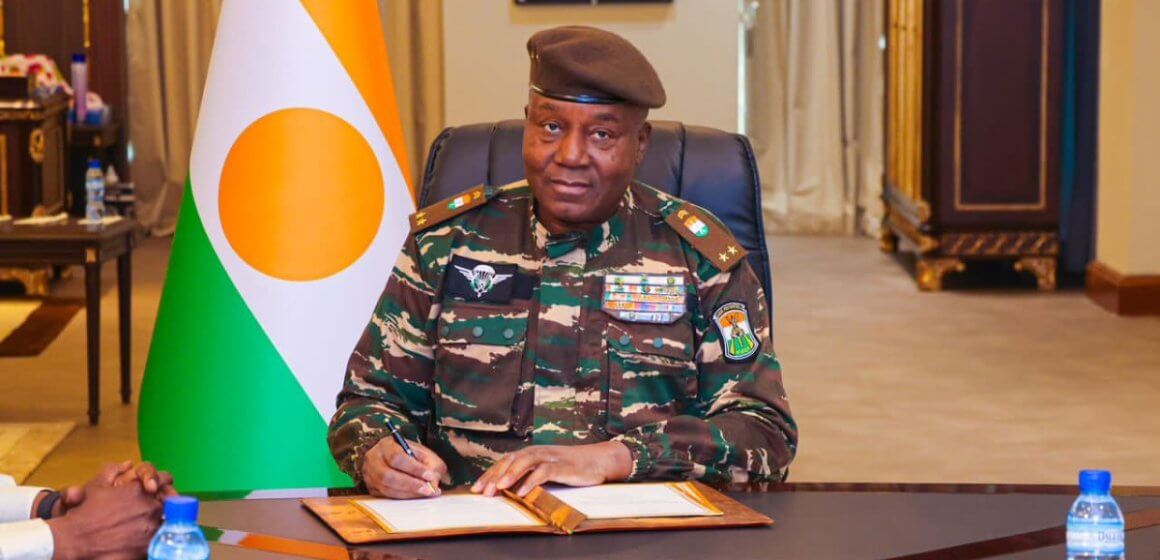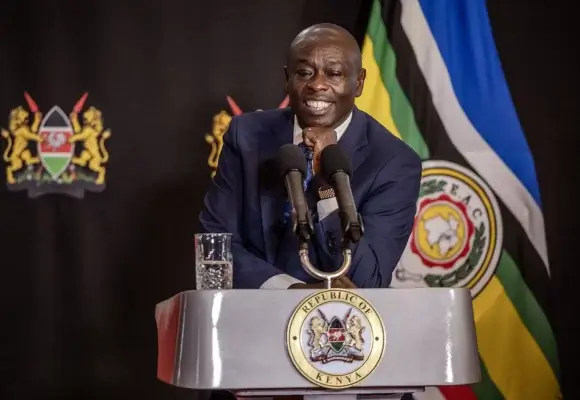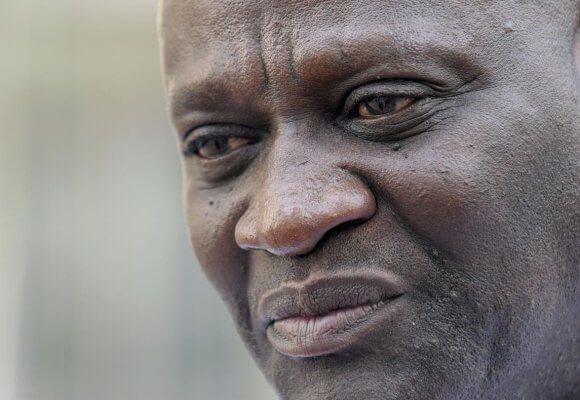|
LISTEN TO THIS THE AFRICANA VOICE ARTICLE NOW
Getting your Trinity Audio player ready...
|
Niger’s military leader, Gen Abdourahamane Tchiani, was officially sworn in Wednesday, March 26, 2025, as the country’s transitional president for five years, solidifying his grip on power following a 2023 coup that ousted elected President Mohamed Bazoum.
The swearing-in ceremony, held in the capital, Niamey, marked the implementation of a new transition charter that replaces the West African nation’s constitution. The newly adopted charter outlines a five-year transition period to democratic rule, though officials state that this timeframe remains “flexible” depending on the country’s security situation.
Gen Tchiani, who has led the country since June 2023, was also promoted to the highest military rank of army general during the ceremony. “I receive this distinction with great humility… I will strive to live up to the trust placed in me,” he said. He further signed a decree ordering the dissolution of all political parties, consolidating military control over the nation’s political landscape.
The transition plan follows recommendations from a national commission convened to discuss Niger’s governance structure. However, the new five-year period effectively rebuffs previous attempts by the West African regional bloc, the Economic Community of West African States (ECOWAS), to accelerate Niger’s return to civilian rule. ECOWAS had initially rejected a proposed three-year transition plan, calling it a “provocation” and threatening military intervention before ultimately stepping back.
Niger’s military coup was part of a broader wave of takeovers in the region, with neighboring Mali, Guinea, and Burkina Faso also under junta rule. All four nations have severed ties with their former colonial power, France, and forged new alliances with Russia. Additionally, Niger, Mali, and Burkina Faso have withdrawn from ECOWAS in protest of the economic sanctions imposed by the bloc following the coup.
Meanwhile, Gen Tchiani’s administration has continued its crackdown on former government officials. Ousted President Mohamed Bazoum remains detained in the presidential palace alongside his wife, while his son was granted a provisional release in January. Bazoum faces charges of high treason and undermining national security, allegations his supporters dismiss as politically motivated.
Gen Tchiani has defended the new transition charter, arguing that it upholds the nation’s constitutional traditions while introducing measures to protect Niger’s natural resources. According to state reports, he emphasized that these provisions would ensure that the country’s wealth benefits its citizens.
Despite the junta’s promises of stability, Niger continues to grapple with persistent jihadist attacks, one of the key justifications cited by military leaders for seizing power. Critics argue that the junta has restricted civil liberties while failing to deliver on its pledge to improve security, leaving the country’s democratic future uncertain.











LEAVE A COMMENT
You must be logged in to post a comment.